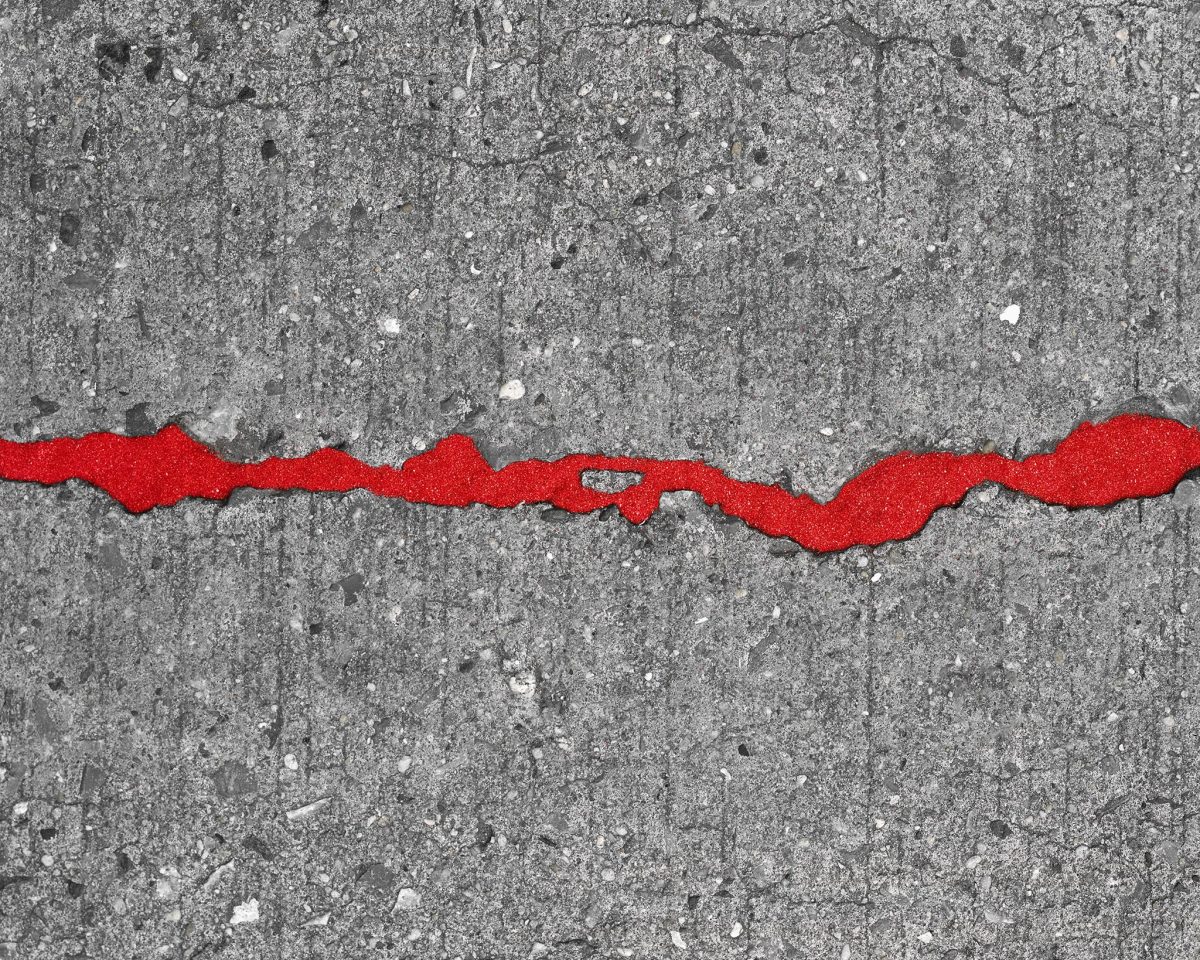Of all the counties in Tennessee, Shelby County’s population is the most vulnerable to human trafficking, according to the Tennessee Community Assessment 2023 Report released by the Engage Together Project.
That ranking along what has been labeled the Vulnerable Population Index has been determined through a number of factors, like population density, poverty levels, crime rates, the percentage of population that speaks limited or no English, and much more.
Individuals may be trafficked for sexual exploitation, forced labor or services, or organ sales. “There’s been human trafficking documented in every one of the 95 counties of Tennessee, so human trafficking happens everywhere,” says Rachel Sumner Haaga, executive director of Restore Corps, which aims to eradicate human trafficking by working with survivors and seeking justice through systemic change.
“One thing to note with regards to human trafficking is, it is a victimization that, unless someone reports being victimized, is exceptionally hard to assess,” Sumner Haaga adds. “If someone busts the car window of your vehicle, it is very clear that you’ve been victimized, and it’s easy to gauge that victimization. No one’s going to ask, ‘Are you sure that somebody busted your window?’
“Whereas, human trafficking is not only a crime that goes underreported because even the victims themselves sometimes might not be aware of their own victimization for a number of different reasons, or they may have the belief that even if they were to say something, they might not be believed, because it’s hard to understand the grooming and recruitment process.”
So building awareness of what human trafficking is and that it happens here in Memphis is important, for the victims and for the community at large. That’s why Restore Corps, in partnership with MATA, is putting on the Red Sand Project, a participatory art installation created by Molly Gochman.
“The purpose of the project,” Sumner Haaga says, “is to utilize the red sand to fill in cracks in the sidewalk, where had the sand not been there, we likely would just jump over it; we would walk by. That’s just what we do on a daily basis. The cracks are ignored, but the red sand draws attention to them. So just like people, all over the world or in our community here, who are caught in human trafficking, they’re easy to not see; they’re easy to go by. But when there’s red sand poured in the crack or a light shined on them, it paints the idea of filling the gaps in our community. We all can have some part in filling the cracks and bringing awareness to the issue. You don’t have to work with an organization like ours to [have awareness and raise awareness about human trafficking]. Anybody can do something.”
For the Red Sand Project, which will occur on Tuesday, July 30th, 11 a.m.-12:30 p.m., the organization will spread sand around the MATA Airways Transit Center (3033 Airways Blvd.). Those who wish to help spread sand are encouraged to sign up here and will be welcome to take sand home with them afterward to fill cracks in their own neighborhoods.
July 30th is World Day Against Trafficking in Persons.
For more information on Restore Corps or to donate, visit their website here.
If you know someone who needs help to escape trafficking, contact the Tennessee Human Trafficking Hotline at 1-855-558-6484.
If you suspect you have come into contact with a victim of human trafficking, you may call the National Human Trafficking Hotline at 1-888-373-7888 or text 233722. Hotline staff members will identify resources in your community. For more information on human trafficking and the hotline, visit humantraffickinghotline.org.
